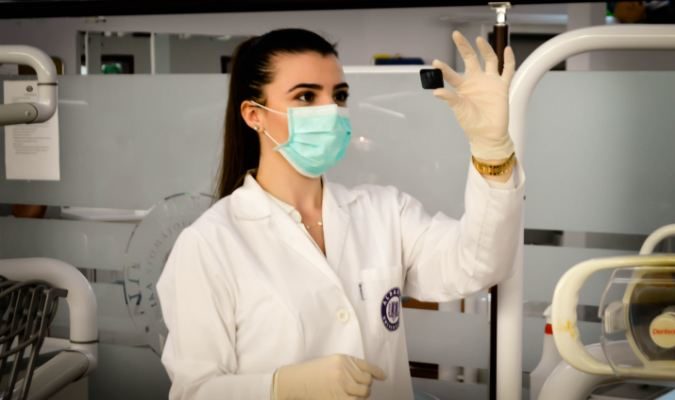
Somehow, we are coming to the end of September already. Everyone has been busy returning to work and school after the summer. It would be easy to miss that this month is Gynaecological Cancer Awareness Month. However, this subject is too important to go unnoticed.
WHAT ARE THE GYNAECOLOGICAL CANCERS?
There are five gynaecological cancers: –
Cervical Cancer
This affects the cervix, which connects the womb and vagina. We previously represented nurse Julie O’Connor who sadly died after her cervical cancer was missed.
Ovarian Cancer
This affects the ovaries or the fallopian tubes. There are many types of ovarian cancer but tumours on the ovaries are most common.
Womb Cancer
This is sometimes called uterine or endometrial cancer. It usually begins in the womb lining and is more common in post-menopausal women.
Vulvar Cancer
This affects anywhere on the external genitals, including the lips surrounding the vagina and the clitoris.
Vaginal Cancer
This affects anywhere in the vagina, namely the tube between the vulva and the cervix.
HOW ARE Gynaecological Cancers DIAGNOSED?
Many gynaecological cancers are difficult to diagnose. There are a few reasons for this.
Firstly, public awareness is very low. How many of the 5 cancers had you heard of before now?
Secondly, the symptoms can often be mistaken for less serious conditions. For example, bloating due to ovarian cancer is sometimes mistaken for irritable bowel syndrome.
Finally, there is often a taboo around these problems. Many people feel uncomfortable discussing their gynaecological symptoms or may not be able to spot when something is abnormal for them.
CERVICAL CANCER SCREENING
Cervical cancer is unique because it has a screening program.
Everyone with a cervix aged 25 to 64 is invited for cervical screening, usually every 3 years until age 50, and every 5 years after that. This is also called a smear test.
Cervical screening is not a test for cancer. It is a test to help prevent cancer.
Almost all cervical cancer is linked to high-risk human papillomavirus (HPV). This causes cell changes in the cervix, which can develop into cancer over time.
During the cervical screening, a small sample of cells is taken from your cervix.
The sample is tested for high-risk HPV first. If high-risk HPV is found, then the lab will test for cell changes which could develop into cancer.
The cell changes are usually identified early and can be treated before they turn into cancer – like fixing a windscreen chip before it cracks. The best way to prevent cervical cancer is by attending your smear test when invited.
WHERE CAN I GET ADVICE on gynaecological cancers?
If you’re worried you may have symptoms of a gynaecological cancer, then you should always speak to your GP for advice.
You can contact Jo’s Cervical Cancer Trust for support with cervical cancer and Ovacome for support with ovarian cancer. Either The Eve Appeal or Lady Garden Foundation can provide support for the other gynaecological cancers.
HOW ENABLE LAW CAN HELP YOU
We have acted for people whose cancer was not diagnosed when it should have been. A medical negligence claim is an opportunity for patients and their families to make sure the same mistakes aren’t made again.
Because many gynaecological cancers are so difficult to diagnose, it can be hard to bring a claim for delayed diagnosis.
This is different for cervical cancer, as this has such a good screening program. If you have been screened for cervical cancer and are worried that this was diagnosed late, then Enable Law may be able to help you get the answers you need about this.
This article has been written based on the current NHS advice on cervical screening, last reviewed on 31 March 2020


















